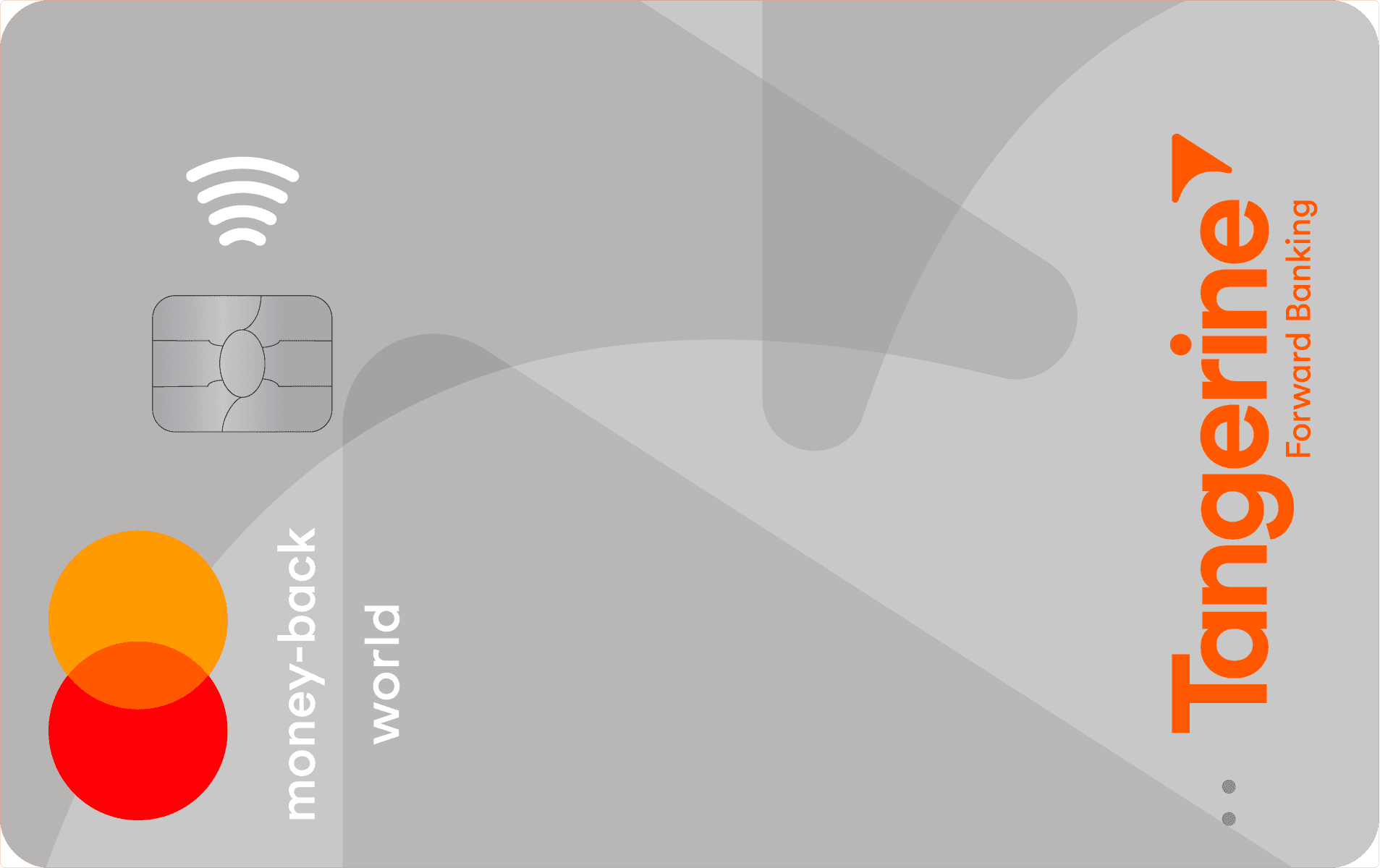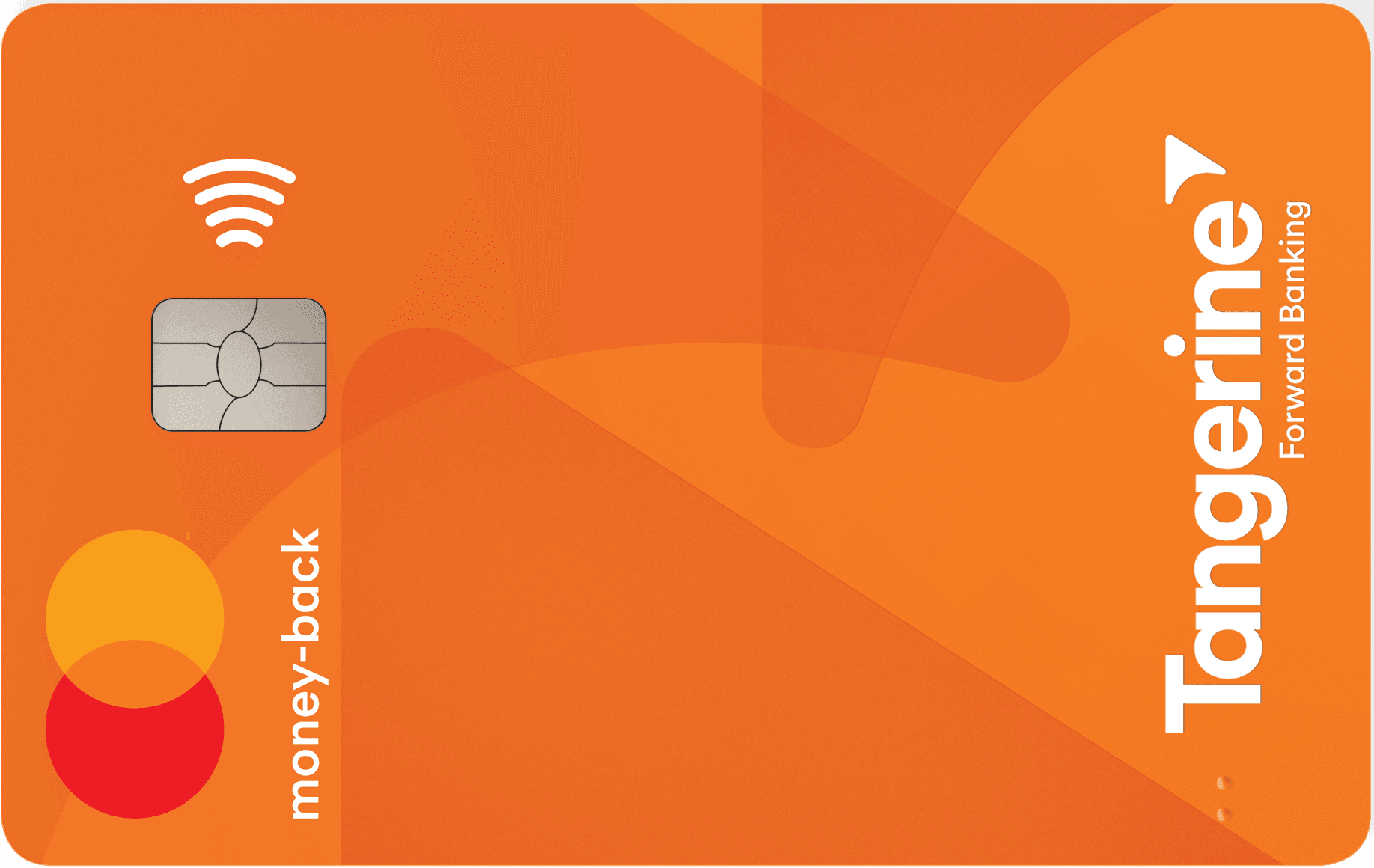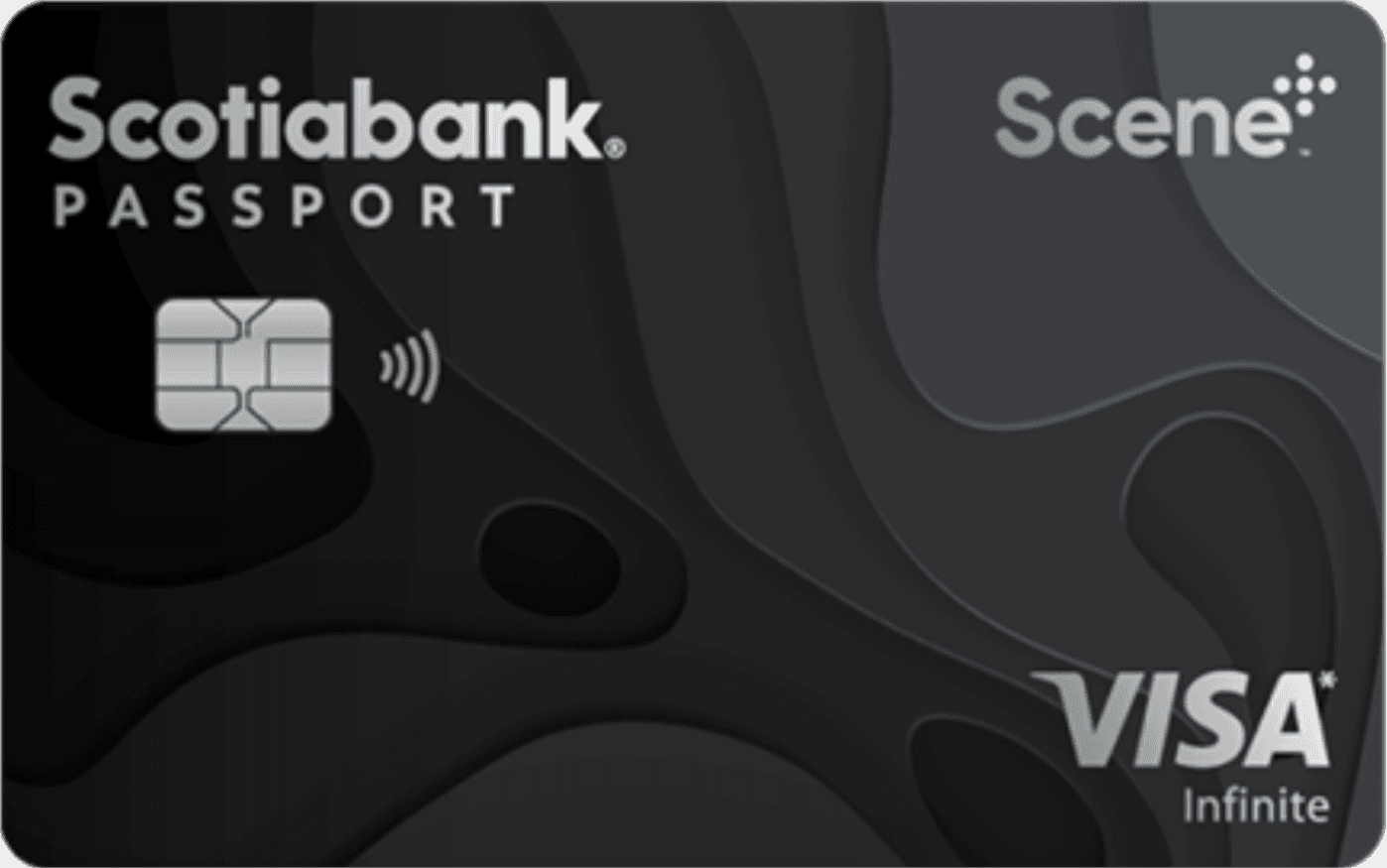Working hard in the background...
What Role Does Behavioural Economics Play in Canadian Credit Card Use?
Published Dec 8, 2025 1:20 PM • 4 min read
Credit cards are everywhere in Canada: according to the Bank of Canada, about 90% of Canadian adults had a credit card in 2019. But here’s the catch: many don’t pay off their full balance each month. Approximately one in three households carries credit card debt regularly.
So, why do so many people end up stuck with balances? The answer lies in something called behavioural economics, which combines ideas from psychology and economics. It helps us understand how people really make money decisions, not just how they should.
What Is Behavioural Economics?
Behavioural economics looks at how people make real-world money decisions. It shows that we don’t always act in the logical way that standard economics expects. Instead, our habits, emotions, and mental shortcuts often guide what we do, especially with credit cards.
For example, many people don’t think of credit spending the same way they think about cash. Swiping a card feels easier and less real than handing over physical money. This is called mental accounting. People also get excited by credit card rewards and points, which can lead to spending more just to earn them, even when it’s not the smartest choice.
This field blends psychology with economics. It finds that people often choose what feels good now, even if it costs more later. This is known as present bias. A great sale or a big cashback bonus can tempt someone to buy today, even if they’ll end up paying high interest later.
Other ideas also play a role. Take loss aversion, for example. Most people feel stronger emotions from losing ten dollars than they do from gaining ten dollars. This is why fees that are clearly shown often bother people more than hidden ones. Some credit card companies know this and build fees into prices instead of showing them separately. Research shows that when fees are harder to see, people are less likely to react strongly.
This simply shows that some individuals use credit cards without focusing on the numbers. Instead, their spending is shaped by emotions and how they think about money.
Common Biases in Credit Card Use
Most people don’t think through every credit card purchase. Instead, they rely on mental shortcuts. These small habits can lead to spending choices that add up quickly. Here are a few common biases that affect how Canadians use credit cards.
- Present Bias (Choosing Now Over Later): Present bias makes us value today's rewards more than tomorrow's costs. A limited-time deal or points offer feels more exciting than thinking about interest later. Many say, “I’ll pay it off next month,” but that doesn’t always happen. This can lead to growing balances over time.
- Mental Accounting (Spending Feels Different on Credit): We often treat money differently depending on how we pay. Buying something with cash feels real, but using a credit card can feel less serious. Because payment is delayed, it becomes easier to overspend without thinking twice.
- Loss Aversion (Avoiding Extra Fees): Studies show that people dislike losses more than they enjoy gains. A fee listed on a bill can feel like a punishment. But if that same amount is framed as a discount for using cash, people react more positively. The cost is the same, but how it’s shown makes a big difference.
- Rewards and Bonuses (Free Perks Encourage Spending): People like to go for best rewards credit cards to make spending feel fun. Cash-back, points, or welcome gifts encourage more use. In fact, research from the Bank of Canada found that these rewards increase card use, even if total debt stays the same.
- Anchoring and Defaults (Going with What’s Offered): Anchoring means the number you see first sticks. A high credit limit might feel like an invitation to spend more. Default features like automatic payments or preset limits also guide choices. While helpful, they can lead to less attention to credit card fees or unusual charges.
By understanding these mental habits, Canadians can make better use of credit cards and avoid the traps that lead to unnecessary debt.
Canadian Credit Card Trends & Data
Recent numbers help explain how credit cards are used across Canada. By the end of 2024, Canadians owed around $124.7 billion in credit card debt. That’s a 9.2% rise compared to the previous year. A big part of this increase came from more people not paying off their full balance each month.
In fact, about 64% of card balances in late 2024 were carried over to the next month. That means most cardholders were paying interest. On average, each person with a credit card owed $4,681.
Surveys show that one in three households regularly carries a balance. Among those with debt, many admit they sometimes skip payments or delay them. Younger families, especially those led by women, are more likely to carry balances. So are households with lower income or less education.
Read More: How to Get Out of Credit Card Debt
There are clear signs of stress. People who carry credit card debt are more likely to fall behind on other payments, such as loans or mortgages. For example, someone with credit card debt is more than twice as likely to miss a mortgage payment.
These numbers show that how people use their credit cards has a real effect on their finances. Understanding this can help Canadians make better decisions and avoid long-term debt and one of the first actions they can take to pay of their balance is to use one of the best balance transfer credit cards in Canada.
How Credit Card Companies Use Behavioural Insights
Credit card companies use behavioural science to influence how we spend. These techniques are subtle but powerful.
- Reward programs like cashback and points play on our love for instant rewards. The more perks a card offers, the more we are encouraged to use it, even when cash would be the better choice.
- Marketing and framing also shape how we see credit cards. Ads highlight “free” rewards like travel or groceries, while fees and interest charges are buried in the fine print. People dislike seeing extra charges listed separately. That is why stores often offer a “cash discount” instead of adding a credit card fee. This small change in wording makes people feel better about spending.
- Default settings are another trick. Credit limit increases and automatic payments are often turned on by default. Most people do not change these options. While auto-pay can help avoid late fees, it can also lead to overspending if you are not checking your account regularly.
- Complex card features confuse users. Many cards have hard-to-understand rules for rewards or interest. This creates mental overload, so people focus only on the flashy perks and ignore the costs.
These strategies make it easy to spend more and think less about repayment. Even careful users can fall into these traps without realizing it.
How to Use Behavioural Insights to Manage Your Cards Better
Understanding these tactics can help you stay in control of your credit use.
- Treat credit like cash. Make it a rule to pay off your balance every month. Imagine taking out the same amount in cash before each card purchase. This makes the cost feel more real.
- Use auto-pay with care. Automatic payments help prevent missed due dates. But make sure you still read your credit card statements each month. This helps you catch mistakes or extra charges.
- Watch the reward offers. Cards with big rewards often have high interest rates. In Canada, many cards charge around 20 percent. If you carry a balance, the cost of interest can be greater than the value of the points you earn. So make sure you understand how your credit card interest works.
- Pause before spending. Use a 24-hour rule before making big purchases. Often, you may change your mind after thinking it over. This helps avoid impulse buys.
- Set your own spending rules. Choose to use your credit card only for specific expenses like groceries or bills. You can also set a personal monthly limit that fits your budget.
- Keep learning. Knowledge helps you make better choices. The Financial Consumer Agency of Canada and Statistics Canada provide helpful resources to improve your money skills.
By understanding how your mind works with money, you can take control of your spending. These small changes can help you use your credit card with confidence and avoid debt.
Frequently Asked Questions
Behavioural economics looks at how real people make money decisions. It shows that we do not always act logically. Instead, we often rely on habits, emotions, and quick thinking. When using credit cards, these mental shortcuts can lead to overspending or missed payments.
One reason is present bias. This means people focus more on what they want now and less on the cost later. Many also use mental accounting, which makes credit spending feel less real than cash. As a result, it becomes easier to spend more than planned.
Cash-back, travel miles, and sign-up bonuses make spending feel more rewarding. These offers trigger excitement and often lead people to use their cards more, even for small or unnecessary purchases.
Start by setting automatic payments to avoid missing due dates. Pretend your credit card is like using real cash. Only spend what you can pay off in full every month. Think twice before buying, ask yourself if it adds value or just adds to your debt. Also, learn about your card’s fees and interest. Knowing the facts helps you make smarter choices.
Trending Offers

Tangerine® Money-Back World Mastercard®*

Tangerine Money-Back Mastercard

BMO Performance Chequing Account

Scotiabank Passport® Visa Infinite* Card
What's on this Page
About the author

Faith Ogunkanmi
Editor
Faith is a seasoned finance professional with over six years of experience specializing in credit analysis, financial risk assessment, and business/personal lending. My background includes extensive w...
SEE FULL BIOAbout the editor

Kevin Shahnazari
Credit Card Expert
Kevin started FinlyWealth and juggles a bit of everything—digging into data, running our marketing, and keeping the finances on track. Before this, he spent years as a data scientist at tech companies...
SEE FULL BIO